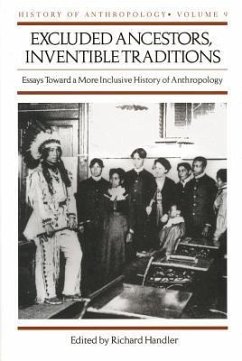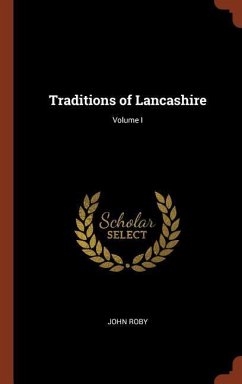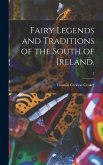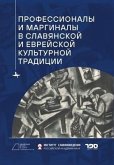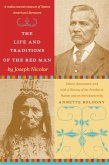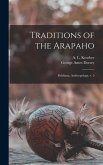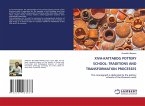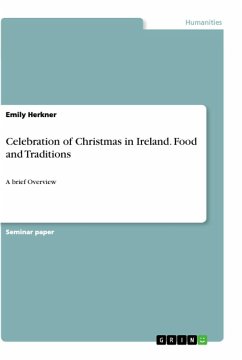History-making can be used both to bolster and to contest the legitimacy of established institutions and canons. Excluded Ancestors, Inventible Traditions seeks to widen the anthropological past and, in doing so, to invigorate contemporary anthropological practice. In the past decade, anthropologists have become increasingly aware of the ways in which participation in professional anthropology has depended and continues to depend on categorical boundaries of race, class, gender, citizenship, institutional and disciplinary affiliation, and English-language proficiency. Historians of anthropology play a crucial role interrogating such boundaries; as they do, they make newly available the work of anthropologists who have been ignored. Excluded Ancestors, Inventible Traditions focuses on little-known scholars who contributed to the anthropological work of their time, such as John William Jackson, the members of the Hampton Folk-Lore Society, Charlotte Gower Chapman, and Lucie Varga. In addition, essays on Marius Barbeau and Sol Tax present figures who were centrally located in the anthropologies of their day. A final essay analyzes notions of "the canon" and considers the place of a classic ethnographic area, highland New Guinea, in anthropological canon-formation.
Hinweis: Dieser Artikel kann nur an eine deutsche Lieferadresse ausgeliefert werden.
Hinweis: Dieser Artikel kann nur an eine deutsche Lieferadresse ausgeliefert werden.

